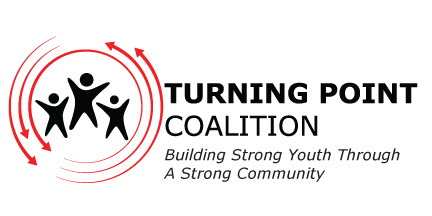Sources:
Brown, S. A., McGue, M., Maggs, J., Schulenberg, J., Hingson, R., Swartzwelder, S., Martin, C., Chung, T., Tapert, S. F., Sher, K., Winters, K. C., Lowman, C., & Murphy, S. (2009). Underage alcohol use: summary of developmental processes and mechanisms: ages 16-20. Alcohol Research & Health: The Journal of the National Institute on Alcohol Abuse and Alcoholism. 32:1, 41–52.
Collins, M.A., Zou, J.Y., & Neafsey, E.J. (1998). Brain damage due to episodic alcohol exposure in vivo and in vitro: furosemide neuroprotection implicates edema-based mechanism. FASEB J. 12, 221–230.
Gowen, L.K., Feldman, S.S., Diaz, R., & Yisrael, D.S. (2004). A comparison of the sexual behaviors and attitudes of adolescent girls with older vs. similar-aged boyfriends. Journal of Youth and Adolescence. 33:2,167–175.
Schuckit, M.A., & Smith, T.L. (1996). An 8-year follow-up of 450 sons of alcoholic and control subjects. Archives of General Psychiatry. 53:3, 202–210.
Silveri, M.M. (2012). Adolescent Brain Development and Underage Drinking in the United States: Identifying Risks of Alcohol Use in College Populations. Harvard Review of Psychiatry. 20:4, 189-200.
Spear, L.P. (2000). The adolescent brain and age-related behavioral manifestations. Neurosci Biobehav Rev. 24:4, 417-63.
Wells, J.E., Horwood, L.J., & Fergusson, D.M. (2004). Drinking patterns in mid-adolescence and psychosocial outcomes in late adolescence and early adulthood. Addiction. 99:12, 1529-1541.



